The Indian market seems to be in roaring bull phase, with the BSE Sensex hitting 60,000 points for the first time ever on Friday. However, the market did face some volatility this week, but investors were prompt to take the corrections as a buying opportunity.
The Sensex completed a 10,000-point journey to the 60,000-mark within months, having hit 50,000 in intraday trade for the first time in January 2021.
This is almost a global phenomenon, with China, Hong Kong and a few other countries being among exceptions as they reel in the budding Evergrande crisis. The mother market US, is leading the bulls, dismissing tapering indications from the US Federal Reserve.
Stock-specific moves, developments around China’s economy, US Fed meeting, revival of activity in Europe, improving economic data, strong vaccination numbers and healthy pick up in daily inoculations were considered to be key driving factors this week.
Monday Closing bell: Dalal Street painted red, banks and financials highly underperform
The BSE Sensex closed the day 525 points lower at 58,491. During the day, it touched a high of 59,203 and a low of 58,390. Only six of the 30 Sensex stocks ended in the green, while the Nifty50 fell 1.07% to end below the 17,400-mark at 17,396.
Broader markets also languished in trade, ending the day with deep cuts. The BSE MidCap fell 1.79% and SmallCap was down 1.84%.
The Nifty PSU Bank index majorly underperformed, closing down 4.18%. Nifty Bank ended 1.76% lower at 37,175, while Nifty Financial services ended 1.61% lower at 18,177. Bajaj Finserv was among the top Sensex gainers while SBI, Induslnd Bank and HDFC were top laggards.
Tuesday Closing bell: Indices witness smart recovery, end in green
The Indian market witnessed a smart recovery after Monday’s fall on the back of a recovery in US futures and Europe markets. At close, the Sensex was up 0.88% at 59,005, and the Nifty50 was up 0.95% at 17,562. BSE MidCap index rose nearly 1%, while the SmallCap ended flat with a positive bias.
Nifty PSU Bank ended flat with a negative bias, down by 0.05%. Bank Nifty staged a recovery to end at 37,235, with gains of 0.24%, while Nifty Financial services ended 0.73% higher at 18,310. Bajaj Finance was the top Sensex gainer on closing, up 5%, followed by IndusInd Bank and Bajaj Finserv were top Nifty gainers.
Wednesday Closing bell : Indices end flat with negative bias, banks, financials underperform
Benchmark indices Sensex and Nifty50 witnessed a tug-of-war between bulls and bears on Wednesday before closing with marginal losses. On the closing bell, BSE Sensex settled at 58,927, down 0.13% while the NSE Nifty50 closed at 17,546, slipping 0.09%.
The Nifty PSU Bank finished the day with 0.48% gains. Bank Nifty slipped 0.78% giving up 37,000 mark at 36,944, while Nifty Financial Services closed 0.86% lower at 18,152. HDFC was the worst-performing Sensex constituent, falling 1.39%, followed by ICICI Bank, Kotak Mahindra Bank and HDFC Bank.

Thursday Closing bell: Indices end at all-time highs; banks, financials gain over 2% each
Indian benchmark indices extended early gains and hit record high levels with the Sensex closing at 59,885, up 1.63%, and Nifty50 at 17,823, up 1.57%. The broader market outperformed the benchmarks, as BSE MidCap and SmallCap indices rose 1% each.
Bank Nifty surged 2.24% to close at 37,771, while Nifty Financial Services closed 2.28% higher at 18,566. Nifty PSU Banks finished the day with 1.19% gains. Bajaj Finserv, HDFC, Axis Bank, IndusInd Bank, State Bank of India were top Sensex gainers
Friday Closing Bell: Fresh record closing highs; Nifty ends above 17,850, Sensex crosses 60K.
The BSE Sensex crossed 60,000 for the first time ever, while the Nifty50 closed above the 17,850 level. At close, the Sensex was up 0.27% at 60,048 and the Nifty50 was 0.17% higher at 17,853. BSE MidCap index fell 1%, while smallcap index was down 0.3%.
Bank Nifty gained 0.16% to end at 37,830, while Nifty Financial Services ended at 18,630, up 0.34%. HDFC Bank, ICICI Bank and HDFC were among the top index gainers. SBI, Axis Bank and Bajaj Finance were among top laggards. The Nifty PSU Bank index shed 1.62%, dragged by losses in shares of Bank of Baroda and Canara Bank.
Key Industry takeaways
Kotak Mahindra Bank forays into healthcare financing
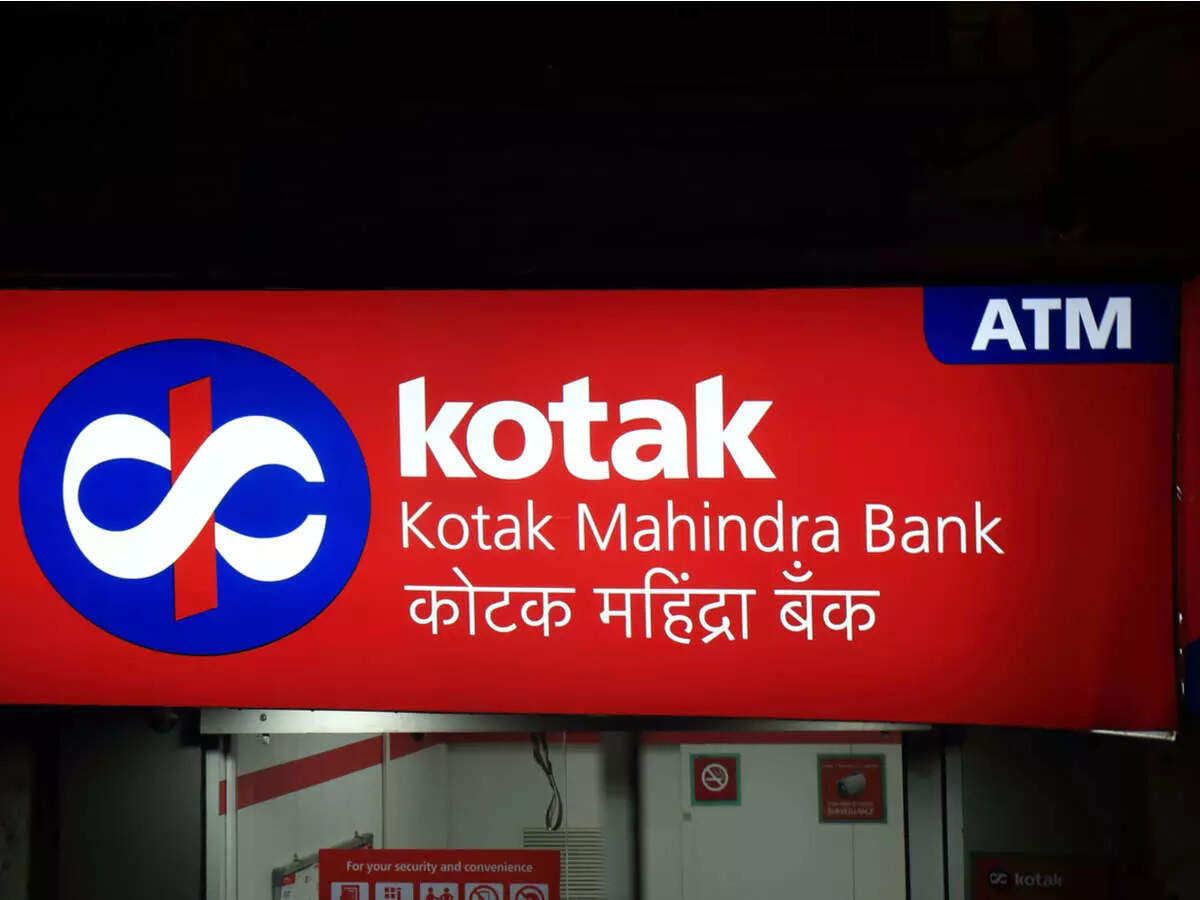
Kotak Mahindra Bank (KMBL) on Tuesday announced that it has launched healthcare financing solutions, ranging from healthcare infrastructure loans, medical equipment finance and unsecured healthcare loans, aiming to cater to key stakeholders.
KMBL has introduced the offerings at attractive interest rates, and includes lending facilities such as the Insta Programme for quick approval of loans up to Rs 50 lakh.
Retail depositors earning negative returns; equities boom gives leeway to raise rates: SBI
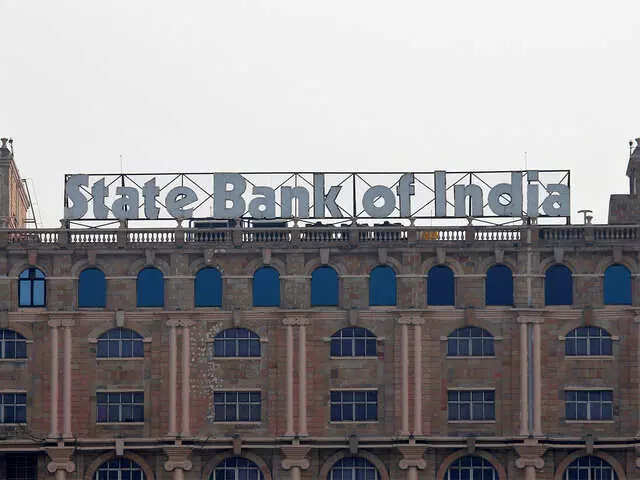
The current bull run in financial markets is possibly a break from the past as households and now the opportune time to revisit the taxation of interest on bank deposits, said SBI.
Economists believe that, Retail depositors are earning negative returns on their bank deposits and hence, there is a need for reviewing taxes on interest earned.
If not for all the depositors, the taxation review should be carried out for at least the deposits made by senior citizens who depend on the interest for their daily needs, the economists led by Soumya Kanti Ghosh said in a note, which pegged the overall retail deposits in the system at Rs 102 lakh crore.
IIFL Finance to raise up to Rs 1,000 crore via secured bonds
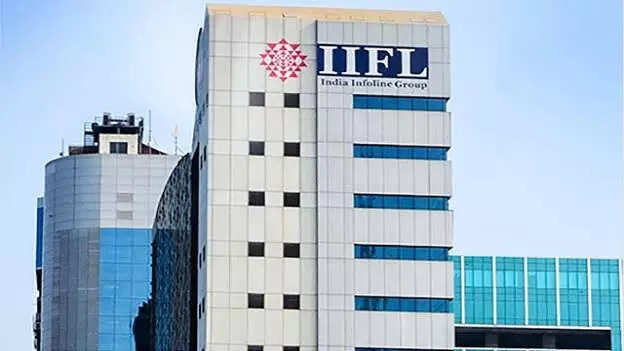
Fairfax-backed IIFL Finance plans to raise a Rs 1,000-crore public issue of secured bonds on September 27 for business growth and capital augmentation. The bonds offer up to 8.75% yield and are rated AA/Stable by Crisil and AA+/negative by Brickwork.
The size of the issue is Rs 100 crore, with a green-shoe option to retain over-subscription up to Rs 900 crore (aggregating to a total of Rs 1,000 crore).
“The funds raised will be used to meet the credit need of more such customers and accelerate our digital process transformation to enable a frictionless experience,” IIFL Finance CFO Rajesh Rajak said.
Govt may block Chinese investment in LIC IPO as company a ‘strategic asset’
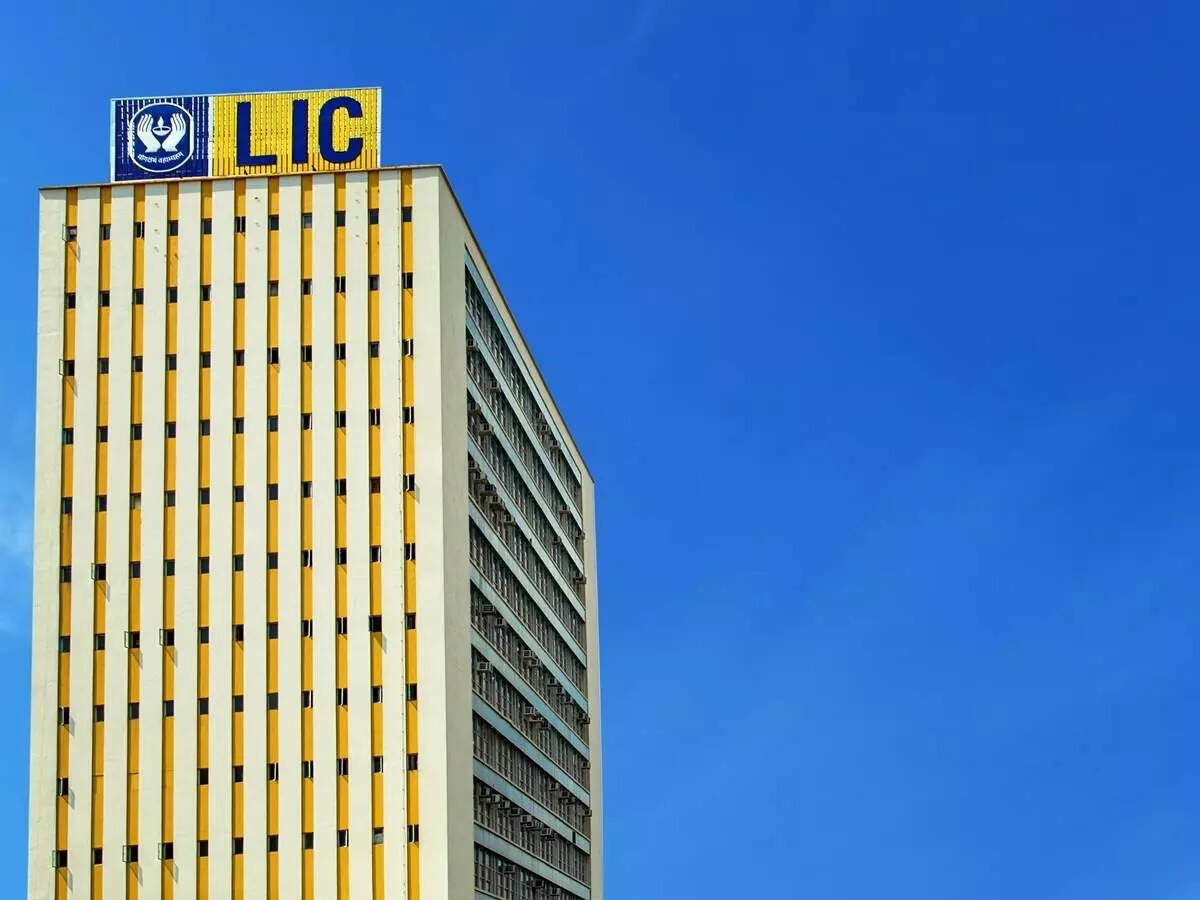
The government wants to block Chinese investors from buying shares in Life Insurance Corp (LIC), underscoring tensions between the two nations. State-owned LIC is considered a strategic asset, commanding more than 60% of India’s life insurance market with assets of more than $500 billion.
India has sought to limit Chinese investment in sensitive companies and sectors, banned a raft of Chinese mobile apps and subjected imports of Chinese goods to extra scrutiny.
“With China after the border clashes it cannot be business as usual. The trust deficit has significantly widen(ed),” a government official said, adding that Chinese investment in companies like LIC could pose risks, according to a report.
Govt extends Uday Kotak’s term as IL&FS chairman by 6 months
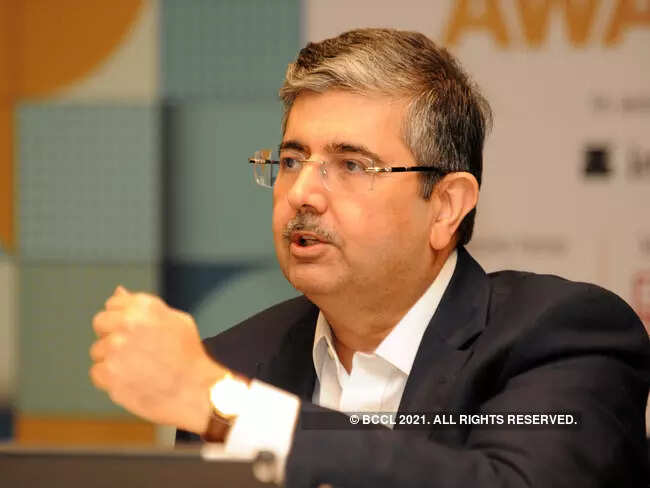
The government on Wednesday extended the term of Uday Kotak as non-executive chairman of debt-ridden IL&FS group by another six months.
The government through a gazette notification extended the term of Kotak, who is also the managing director and chief executive officer of Kotak Mahindra Bank, till April 2, 2022.
The notification was issued by the department of financial services in the ministry of finance dated September 21, 2021.










